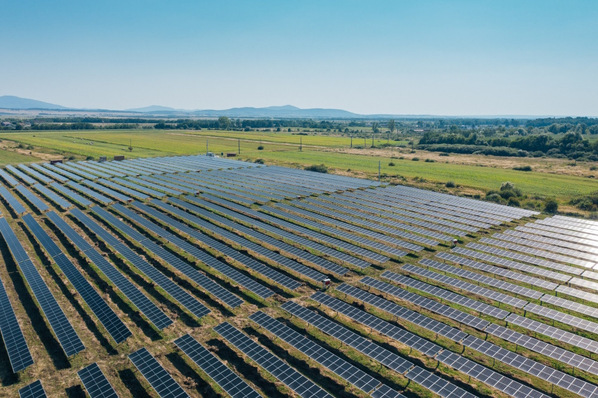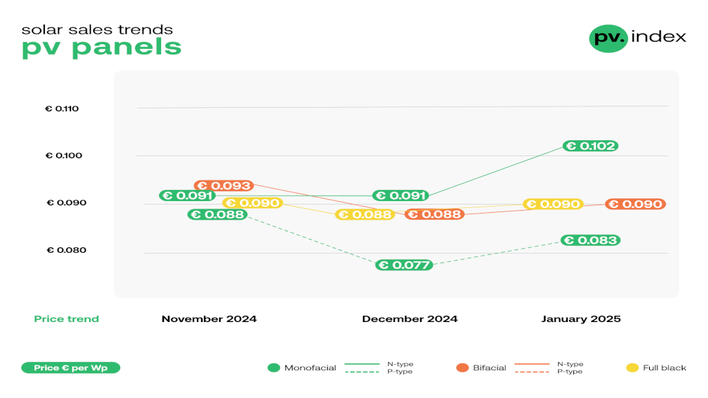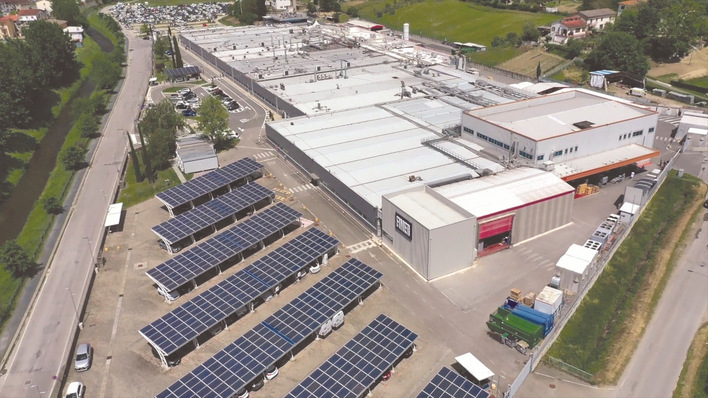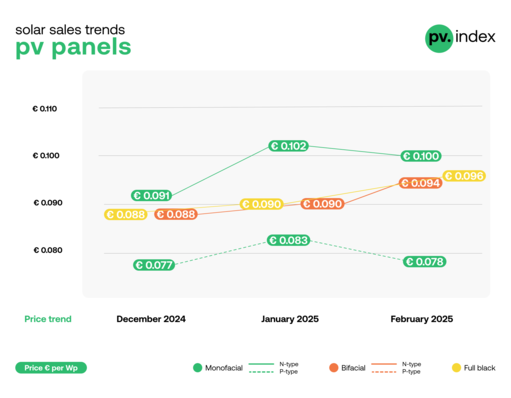The energy supply in Germany and Europe has never been more in flux. As the success of renewable energies continues to mount, another technology is coming into focus. Energy storage technologies and battery storage systems in particular are becoming increasingly important with the advancement of the energy transition. This development also has significant implications for Germany as an economic center, since battery production is expected to create thousands of jobs here in the future.
25% European share of the global battery manufacturing business by 2030
Europe has not traditionally played a very significant role as a site for battery cell production, but technical advances, favorable political conditions and an especially promising sales market are making the continent increasingly attractive for battery production. A look at the key role that battery cell production plays in upstream value chains – throughout the renewable energy supply sector and especially in the manufacture of electric vehicles – makes its significance clear. Battery cells represent approximately 40 percent of the value added in the production of an electric vehicle. So it is no wonder that production capacities for lithium-ion batteries are growing faster in Europe than in any other region of the world. Current forecasts predict that the continent’s share in this global manufacturing business will increase from around 6 percent now to 16 to 25 percent by 2030.
300 gigawatt hours of battery capacity by 2029
Numerous battery cell manufacturing plants are currently being built in Europe. According to Benchmark Mineral Intelligence, Europe is expected to host manufacturing facilities capable of producing more than 300 gigawatt hours (GWh) of battery capacity by 2029. The meta-study “Batteries for electric cars: Fact check and need for action,” commissioned by VDMA and carried out by Fraunhofer Institute for Systems and Innovation Research ISI, even suggests that production capacities of 300 to 400 GWh could be achieved by 2025. The website Battery-News.de anticipates that the German market alone will account for more than 170 GWh of production capacity. By way of comparison, Europe currently has around 30 GWh of production capacity.
12,000 direct and 60,000 upstream jobs
The meta-study commissioned by VDMA and carried out by Fraunhofer ISI concludes that for each GWh of battery capacity, 40 jobs will be created in battery cell manufacturing and another 200 in upstream sectors such as research and development or machine and plant construction. Assuming that Europe achieves at least 300 GWh of manufacturing capacity by 2029 as forecast, this would result in 12,000 direct and 60,000 upstream jobs.
Did you miss that? Residential battery storage with double-digit growth in 2021
Taking into account additional expected employment effects, Fraunhofer ISI anticipates that battery manufacturing could even lead to 155,000 jobs by 2033. For example, technicians will be needed for systems integration and for plant maintenance, and job growth will also be seen in connection with other storage systems such as fuel cells and electrolyzers. New downstream jobs are also currently on the rise with electricity storage system manufacturers such as Tesvolt. The manufacturer of stationary systems for industry and commerce recently began mass producing its storage systems.
Battery cells and storage systems – made in Europe
Numerous companies have already announced plans to produce battery cells or storage systems in Europe. Volkswagen is partnering with the Swedish firm Northvolt to construct a production plant for lithium-ion batteries in the German city of Salzgitter. The plant is designed for a production capacity of up to 24 GWh per year and is slated to begin operations in late 2023 or early 2024. In the medium term, VW anticipates that it will create 700 jobs in production and another 300 jobs in the development center. Opel and its parent company PSA are joining forces with the French battery manufacturer Saft to establish a battery cell production facility with a planned capacity of 32 GWh at the Opel site in Kaiserslautern, Germany. Michael Lohscheller, CEO of Opel, has described the planned gigafactory with its 2,000 jobs as “the largest plant for battery cells in Germany.”
Varta – the international manufacturer of micro lithium-ion batteries for headphones, thermometers and hearing aids as well as a manufacturer of stationary storage systems – is looking to move into the e-mobility sector with plans to equip electric cars. The German federal government and the states of Baden-Württemberg and Bavaria have pledged approximately 300 million euros to help the company develop the next generation of lithium-ion cells.
Big plans in Grünheide and Erfurt
Tesla has also recently expanded its ambitions for its planned factory in Germany. At its plant in Grünheide near Berlin, the US electric car manufacturer intends to manufacture not just electric vehicles but also the necessary batteries. CATL, the largest Chinese manufacturer of lithium-ion batteries, has announced a project in Erfurt with a planned production capacity of up to 100 GWh, which would make it the largest battery cell production facility in Europe. CATL expects the project to create around 2,000 new jobs.
Did you miss that? Manufacture of PV products in Europe becoming more attractive
As the ongoing COVID-19 pandemic has shown, renewable energies and energy storage systems are both resilient and future-proof, with many investors already restructuring their investments in this direction. Within the framework of political measures such as the European Green Deal and the EU Recovery Package, this trend will only pick up speed. (hcn)







